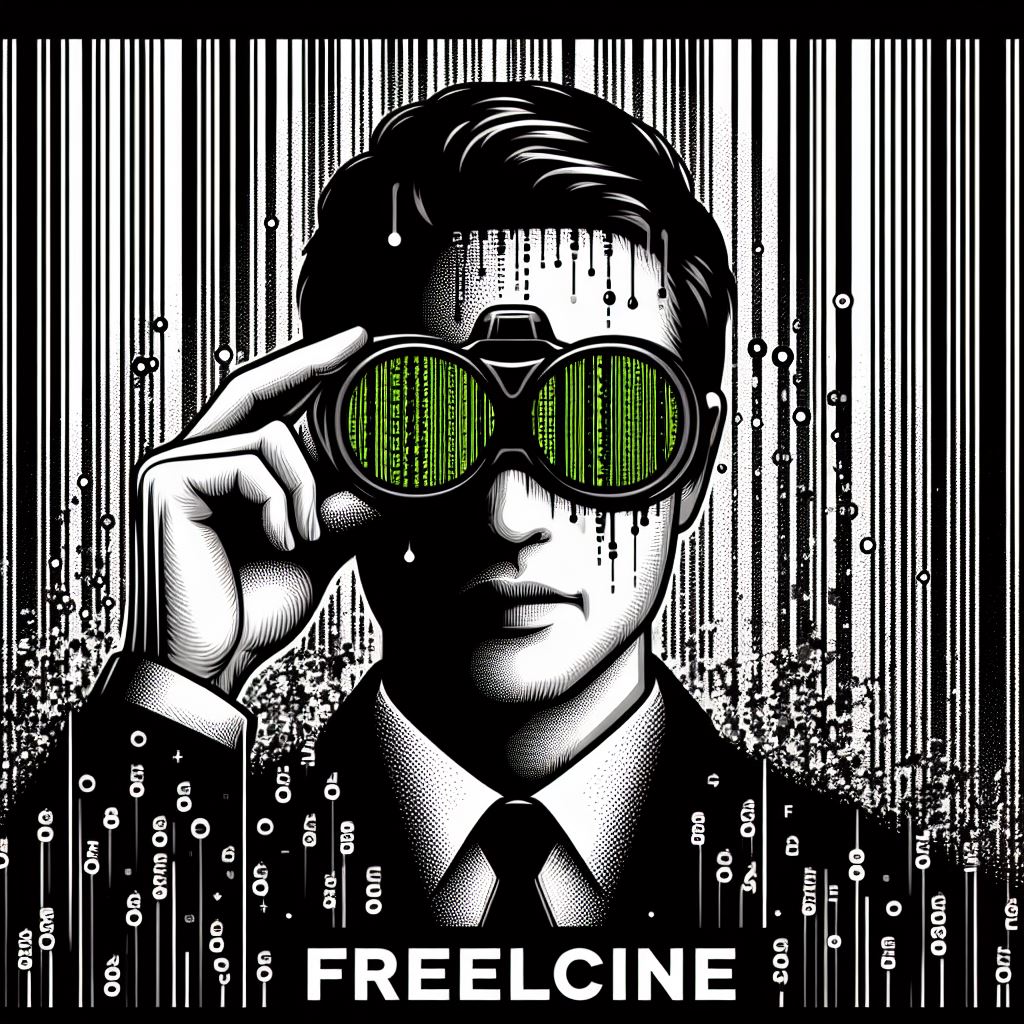Have you ever experienced a day where it seems like the universe is conspiring against you? A day where everything that can go wrong, will go wrong? If so, you might be familiar with the phenomenon known as Sod’s Law. From missed buses to spilled coffee, Sod’s Law dictates that if something can happen, it probably will – and at the most inconvenient time. In this blog post, we’ll delve into the origins of Sod’s Law, explore its manifestations in daily life, and ponder why it seems to hold true more often than not.
Understanding Sod’s Law
Sod’s Law, also known as Murphy’s Law or the Law of Sod, is a humorous adage that states, “Everything that can go wrong, will go wrong.” While its origins are debated, the concept has become deeply ingrained in popular culture and is often invoked when things don’t go as planned.
Manifestations of Sod’s Law
Here are some common scenarios where Sod’s Law seems to rear its mischievous head:
- Running Late: You’re already running behind schedule when you hit every red light on your commute, ensuring you’ll be even later.
- Technical Glitches: Your computer crashes just as you’re about to save an important document, leaving you scrambling to recover your work.
- Weather Woes: You forget your umbrella on a sunny morning, only for the skies to open up in a downpour just as you leave the office.
- Queue Quandaries: You choose what appears to be the shortest line at the supermarket, only to watch in frustration as every other line moves faster.
Origins and Variations
While Sod’s Law is often attributed to Edward A. Murphy Jr., an American aerospace engineer, its origins are somewhat murky. Murphy reportedly coined the phrase in the late 1940s when he expressed frustration over a technician’s error that resulted in equipment failure. However, similar sentiments have been expressed throughout history, leading some to believe that the concept predates Murphy’s contribution.
Variations of Sod’s Law abound, with different cultures and professions adding their own spin:
- Finagle’s Law: “Anything that can go wrong, will—at the worst possible moment.”
- Jenkinson’s Corollary: “It is impossible to make anything foolproof because fools are so ingenious.”
- Parkinson’s Law of Triviality: “The time spent on any item of the agenda will be in inverse proportion to the sum involved.”
Why Does Sod’s Law Seem to Hold True?
While Sod’s Law is often invoked humorously, there may be psychological and cognitive factors at play that contribute to its apparent validity:
- Selective Memory: We tend to remember instances when things go wrong more vividly than when they go smoothly, leading to a perception of Sod’s Law being more prevalent than it actually is.
- Confirmation Bias: When we believe that everything will go wrong, we subconsciously seek out evidence to confirm our belief, ignoring instances to the contrary.
- Self-Fulfilling Prophecy: Believing that things will go wrong can influence our behavior and decisions, inadvertently leading to the outcomes we fear.
Coping Strategies
While it’s tempting to resign ourselves to the whims of Sod’s Law, there are strategies we can employ to mitigate its effects:
- Expect the Unexpected: Anticipate potential challenges and have contingency plans in place.
- Maintain Perspective: Remember that setbacks are a natural part of life and an opportunity for growth.
- Focus on Solutions: Instead of dwelling on what went wrong, channel your energy into finding solutions and moving forward.
In conclusion, while Sod’s Law may sometimes feel like an immutable force of nature, understanding its origins and manifestations can help us navigate life’s inevitable challenges with humor and resilience. So the next time you find yourself in the midst of a string of misfortunes, take solace in the fact that you’re not alone in experiencing the whims of Sod’s Law.
References:
- Goldberg, R. (2006). “Murphy’s Law: An Adage’s Origin.” Los Angeles Times.
- Adams, D. (2002). “The Hitchhiker’s Guide to the Galaxy.” Random House.
- “Parkinson’s Law of Triviality.” The Economist.
Now, armed with a better understanding of Sod’s Law, let’s face life’s challenges with a sense of humor and a dash of optimism. After all, if anything can go right, it’s that we have the resilience to persevere.




